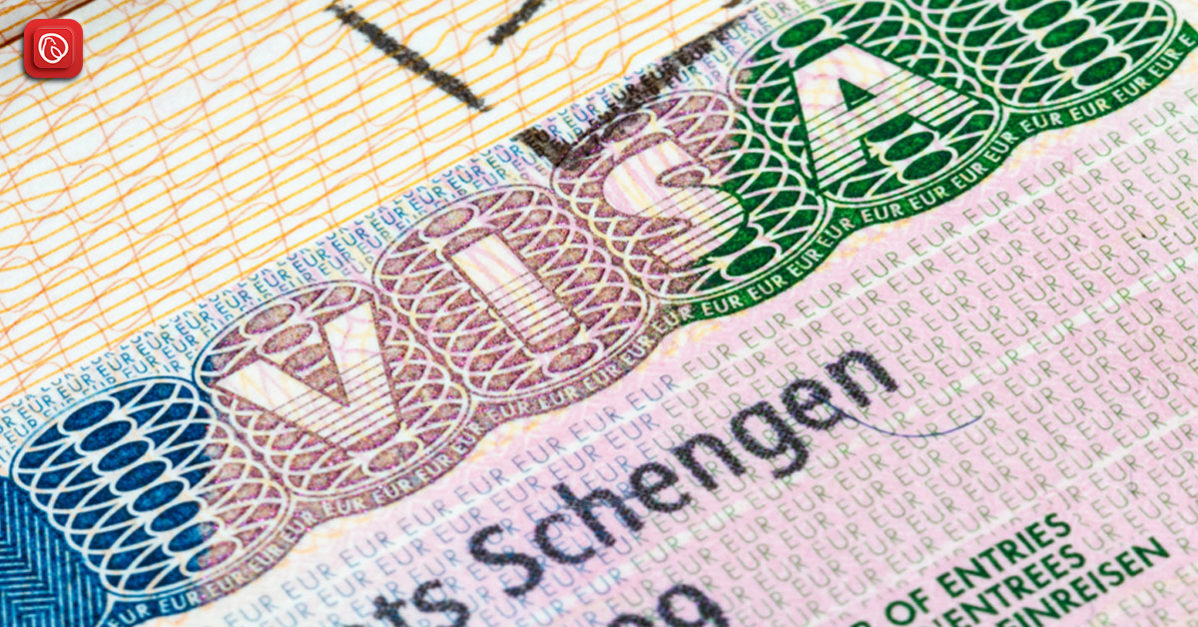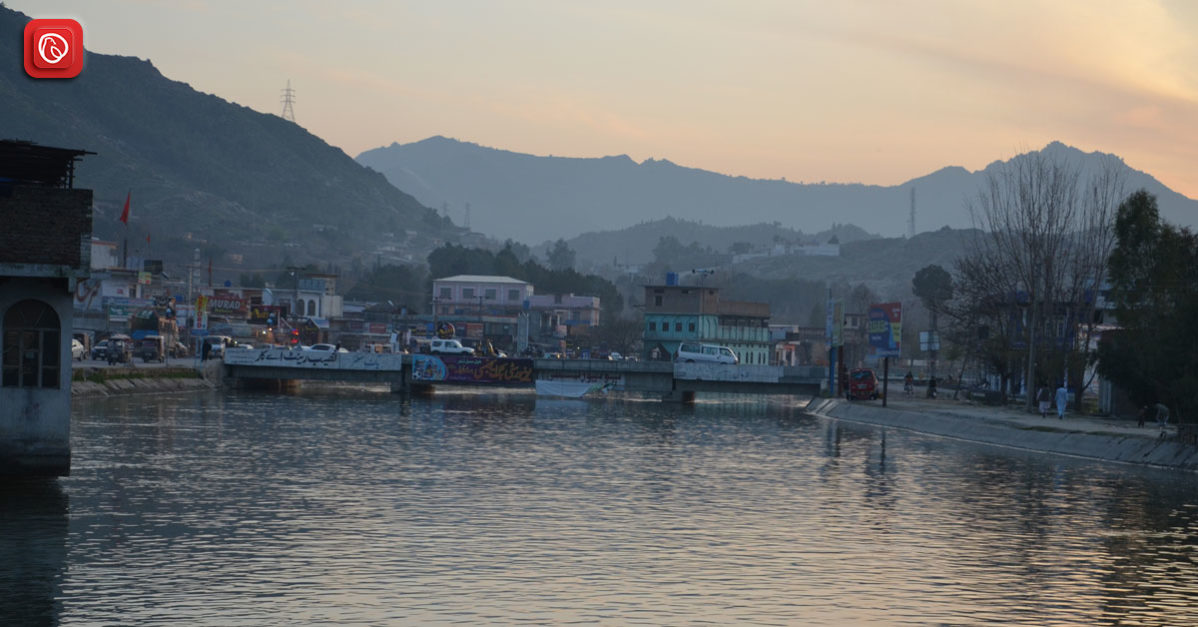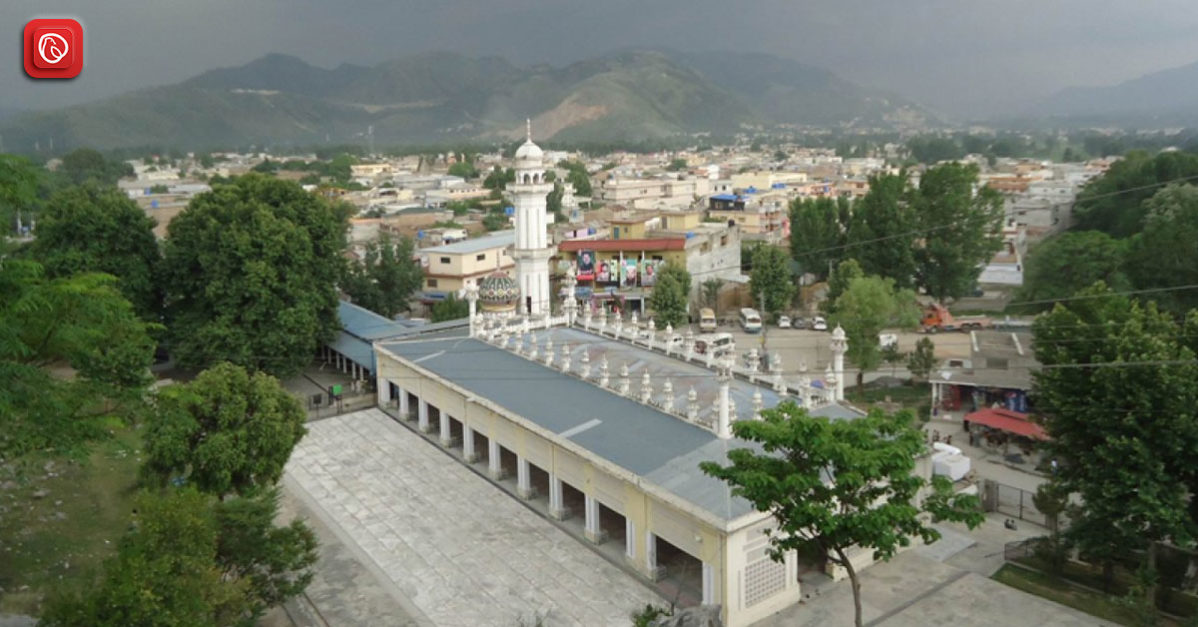The Schengen Visa is a travel document that allows holders to enter, transit through, or stay in the Schengen Area, comprising 26 European countries, without the need for separate visas for each country. It simplifies travel within the Schengen Zone by eliminating internal border controls.
Graana.com has prepared a detailed guide to Schengen visas from Pakistan, including their importance, types, and much more.
Importance Of Schengen Visa For Pakistani Travellers
- Access to Multiple Countries: The Schengen Visa grants Pakistani travellers access to 26 European countries, including popular tourist destinations such as France, Italy, Spain, and Germany, under a single visa.
- Ease of Travel: With a Schengen Visa, Pakistani travellers can move freely between Schengen countries without undergoing additional immigration checks at internal borders, making travel more convenient and hassle-free.
- Tourism and Leisure: Many Pakistani travellers dream of exploring Europe’s rich cultural heritage, stunning landscapes, and iconic landmarks. The Schengen Visa opens doors for them to fulfil these aspirations by providing the necessary travel authorization.
- Business Opportunities: Pakistani entrepreneurs, professionals, and business travellers can benefit from the Schengen Visa to attend conferences, and meetings, or explore potential business ventures across multiple European countries.
- Educational Pursuits: Pakistani students seeking higher education in Europe can apply for a Schengen Visa to visit universities, attend interviews, or participate in academic conferences or exchange programs.
- Family Reunification: The Schengen Visa allows Pakistani nationals to reunite with family members living in Schengen countries, facilitating visits for family events, celebrations, or simply spending quality time together.
- Cultural Exchange: Pakistani travellers can immerse themselves in European culture, traditions, and lifestyles by exploring different countries within the Schengen Zone, fostering cross-cultural understanding and appreciation.
The Schengen Visa holds significant importance for Pakistani travellers, offering a gateway to diverse travel experiences, professional opportunities, and personal connections across Europe.
Who Needs a Schengen Visa?
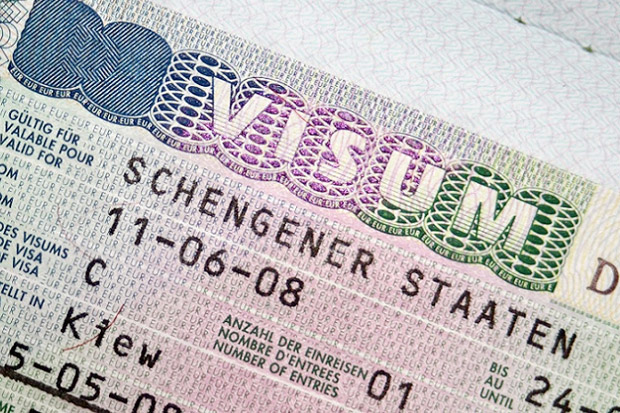
The Schengen Visa is required for individuals who wish to travel to the Schengen Area, which comprises 26 European countries that have abolished passport and other types of border controls at their mutual borders. Nationals of countries outside the Schengen Area, including tourists, business travellers, and individuals visiting friends or family, typically need a Schengen Visa to enter and travel within the Schengen Zone.
However, there are exceptions for citizens of certain countries who are exempt from the visa requirement for short stays. It’s essential to check the current visa requirements and exemptions based on nationality before planning travel to the Schengen Area.
Types of Schengen Visa
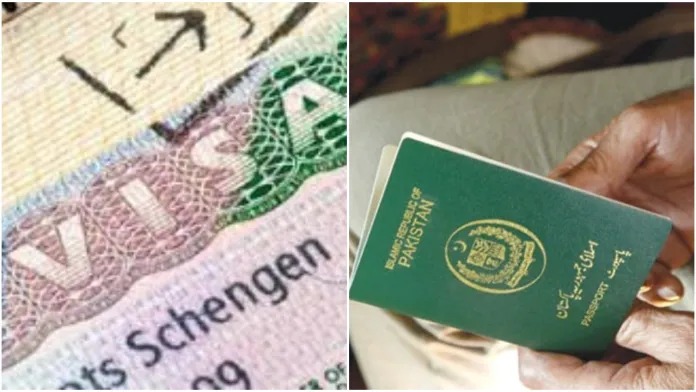
Several types of Schengen Visas accommodate different travel purposes and durations. The most common types include:
- Uniform Schengen Visa (USV): This visa allows for short stays of up to 90 days within 180 days for tourism, business, or visiting family or friends.
- Limited Territorial Validity Visa (LTV): This visa restricts travel to specific Schengen countries or a single Schengen country.
- National Visas: Issued by individual Schengen countries for longer stays, such as for work, study, or family reunification. These visas may also allow travel within the Schengen Area for up to 90 days within 180 days.
Duration and Validity
The duration and validity of a Schengen Visa vary depending on the type of visa and the specific circumstances of the traveller. Generally, a Uniform Schengen Visa allows a maximum stay of 90 days within 180 days from the date of first entry into the Schengen Area.
The visa may be issued as a single-entry, double-entry, or multiple-entry visa, determining the number of times the visa holder can enter the Schengen Zone during its validity period. Single-entry visas permit one entry, double-entry visas allow two entries and multiple-entry visas enable multiple entries within the visa’s validity period, which can range from a few days to several years, depending on the purpose of travel and other factors.
Requirements for Schengen Visa Application
The following are different requirements for the Schengen Visa Application.
Passport and Other Travel Documents
Like the Singapore Visa, the first requirement for a Schengen Visa application is a valid passport with validity extending beyond the intended duration of stay in the Schengen Area. The passport must have at least two blank pages for visa stamps and should not be older than ten years. Additionally, any previous passports containing visas or entry/exit stamps should also be provided.
Visa Application Form
Applicants must complete a Schengen Visa application form accurately and truthfully. The form typically requests personal information, travel details, intended dates of stay, and other relevant information. It’s essential to ensure all sections of the application form are filled out correctly, and that any required supporting documents are attached.
Proof of Travel Purpose
Applicants need to provide evidence of the purpose of their travel to the Schengen Area. This could include invitation letters, conference registrations, hotel reservations, flight itineraries, or other relevant documents depending on the purpose of the visit, such as tourism, business meetings, or visiting family or friends.
Financial Means
Proof of sufficient financial means to cover the cost of the trip and support oneself during the stay in the Schengen Area is required. This may include bank statements, sponsorship letters, proof of employment and income, or other financial documents demonstrating the applicant’s ability to finance their travel expenses without recourse to public funds.
Travel Insurance
Applicants are required to obtain travel insurance covering medical emergencies, repatriation, and other unforeseen circumstances for the duration of their stay in the Schengen Area. The insurance policy must meet minimum coverage requirements as specified by the Schengen countries, typically a minimum coverage of €30,000.
Accommodation and Itinerary
Evidence of accommodation arrangements for the duration of the stay in the Schengen Area is essential. This may include hotel reservations, rental agreements, or an invitation letter from a host providing accommodation. Additionally, a detailed travel itinerary outlining planned activities, destinations, and dates of stay is often required to support the visa application.
Overall, meeting these requirements and providing accurate and complete documentation is crucial for a successful Schengen Visa application. It’s advisable to check the specific requirements of the Schengen country you intend to visit, as they may vary slightly between countries.
Steps to Apply for Schengen Visa
Following are the steps to apply for Schengen Visa:
- Where to apply
- Booking an appointment
- Completing the application form
- Gathering required documents
- Submitting the application
- Visa interview (if required)
Where to Apply
Applicants from Pakistan can apply for a Schengen Visa at the embassy or consulate of the Schengen country they intend to visit. It’s important to determine the specific embassy or consulate responsible for processing visa applications based on the main destination of the trip. The application process may vary slightly depending on the country, so it’s advisable to visit the official website of the respective embassy or consulate for detailed instructions.
Booking an Appointment
Once the appropriate embassy or consulate has been identified, applicants must schedule an appointment to submit their visa application. Appointment scheduling procedures vary among embassies, with some offering online appointment booking systems and others requiring applicants to schedule appointments via email or telephone. It’s essential to book the appointment well in advance, as appointment slots may fill up quickly, especially during peak travel seasons.
Completing the Application Form
Applicants must accurately complete the Schengen Visa application form provided by the embassy or consulate of the respective Schengen country. The application form typically requests personal information, travel details, intended dates of stay, and other relevant information. You should take care to fill out all sections of the application form correctly and truthfully, as any discrepancies or inaccuracies could lead to delays or rejection of the visa application.
Gathering Required Documents
Before the visa appointment, applicants must gather all the required documents to support their visa application. These documents may include a valid passport, passport-sized photographs, proof of travel purpose (such as flight reservations, hotel bookings, or invitation letters), proof of financial means (such as bank statements or sponsorship letters), travel insurance, and any other supporting documents specified by the embassy or consulate.
Submitting the Application
On the day of the scheduled appointment, applicants should arrive on time at the embassy or consulate with all the required documents. The visa application and supporting documents will be submitted to the consular officer or visa processing staff for review. Applicants may have to pay the visa application fee at this stage, which is non-refundable even if the visa application is rejected.
Visa interview (if required)
In some cases, applicants may be required to attend a visa interview as part of the application process. The embassy or consulate may request an interview to further assess the applicant’s eligibility and intentions for travel. During the interview, applicants may be asked about their travel plans, financial situation, and other relevant details.
It’s important to prepare for the interview by reviewing the visa application and supporting documents thoroughly and being ready to provide honest and accurate answers to any questions posed by the consular officer.
Overall, following these steps diligently and providing complete and accurate documentation is essential for a successful Schengen Visa application from Pakistan. Applicants should also be aware of the processing times and visa fees associated with their application and plan accordingly to ensure a smooth and timely visa approval process.
Tips for a Successful Schengen Visa Application
Following are different tips for a successful Schengen Visa application:
- Plan ahead
- Provide genuine and complete information
- Organize your documents meticulously
- Be prepared for the visa interview
- Follow up on your application status
Plan Ahead
One of the most important tips for a successful Schengen Visa application is to plan. Start the application process well in advance of your intended travel dates to allow sufficient time for gathering required documents, scheduling appointments, and processing the visa application. Planning reduces the risk of last-minute complications or delays that could affect your travel plans.
Provide Genuine and Complete Information
When completing the visa application form and providing supporting documents, ensure all information is genuine, accurate, and complete. Any discrepancies or inconsistencies could raise red flags and lead to delays or rejection of the visa application. Be honest and transparent about your travel plans, financial situation, and other relevant details to avoid issues during the application process.
Organise Your Documents Meticulously
Organise all the required documents meticulously and present them in an orderly manner. This includes arranging documents according to the embassy or consulate’s specified requirements, providing clear and legible copies, and labelling documents appropriately. A well-organized application package makes it easier for the consular officer to review your application and increases the chances of a favourable outcome.
Be Prepared for the Visa Interview
If a visa interview is part of the application process, prepare thoroughly beforehand. Review your visa application and supporting documents, familiarize yourself with your travel plans, and be ready to answer questions about your trip, purpose of visit, and financial situation. Dress appropriately and approach the interview with confidence and professionalism. Being well-prepared demonstrates your genuine intentions and can positively influence the consular officer’s decision.
Follow up on Your Application Status
After submitting your visa application, stay informed about its status by following up with the embassy or consulate if necessary. Some embassies provide online tracking systems or helplines where applicants can check the status of their applications. If additional documents or information are requested, respond promptly to avoid delays in processing. Stay proactive and engaged throughout the application process to ensure a smooth and successful outcome.
By following these tips and guidelines, you can increase your chances of a successful Schengen Visa application and enjoy a hassle-free travel experience within the Schengen Area. Remember to stay organized, provide genuine information, and plan to make the application process as smooth as possible.
Frequently Asked Questions (FAQs)
Following are the most common questions and their answers from Schengen Visa from Pakistan.
Q: Who needs a Schengen Visa to travel to Europe from Pakistan?
A: Pakistani nationals who intend to travel to the Schengen Area for tourism, business, family visits, or any other short-term purposes generally need a Schengen Visa.
Q: How do I determine which Schengen country’s embassy or consulate to apply to?
A: The main destination of your trip usually determines the embassy or consulate where you should apply. If you plan to visit multiple Schengen countries, apply to the embassy or consulate of the country where you will spend the longest time on your trip.
Q: What are the required documents for a Schengen Visa application?
A: Required documents typically include a valid passport, completed visa application form, passport-sized photographs, proof of travel purpose, proof of financial means, travel insurance, accommodation details, and any additional documents specified by the embassy or consulate.
Q: How far in advance should I apply for a Schengen Visa from Pakistan?
A: It’s better to apply for a Schengen Visa at least 15 days before your planned trip. However, it’s advisable to apply as early as possible to account for any unforeseen delays in the application process.
Q: What is the processing time for a Schengen Visa from Pakistan?
A: The processing time for a Schengen Visa application can vary depending on the embassy or consulate and other factors. Generally, it takes around 15 days for the processing of visa applications. However, it may take longer during peak travel seasons or due to individual circumstances.
Q: Do I need to attend a visa interview for a Schengen Visa application?
A: While not all applicants need to attend a visa interview, some may be asked to do so as part of the application process. The embassy or consulate will inform you if one is necessary.
Q: Can I track the status of my Schengen Visa from Pakistan application?
A: Many embassies and consulates offer online tracking systems or helplines where applicants can check the status of their visa applications. You can inquire about this information during the application submission process.
Q: Is travel insurance mandatory for a Schengen Visa application?
A: Yes, travel insurance covering medical emergencies, repatriation, and other unforeseen circumstances is mandatory for a Schengen Visa application. The insurance policy must meet minimum coverage requirements specified by the Schengen countries.
Q: Can I apply for a Schengen Visa without a previous refusal?
A: Yes, you can still apply for a Schengen Visa even if you have had a previous visa refusal. However, it’s essential to address any reasons for the previous refusal. You must also provide additional supporting documents or explanations to strengthen your application.
Q: Can I extend my Schengen Visa once I’m in Europe?
A: If you must stay longer than the visa allows, apply for a new visa from the country’s embassy. Or you can consulate where you are located before your current visa expires.
For more related information, follow Graana.com.
